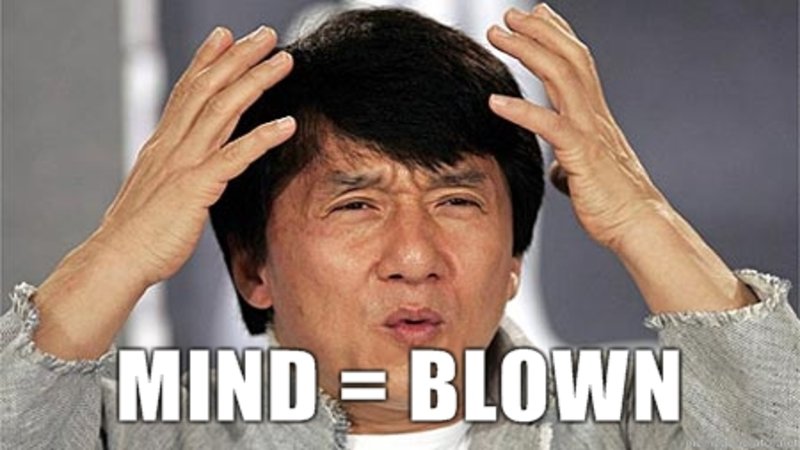So your definition of a top player is one that wins a lot but not with any reference to who they beat.
I think of a top player as someone who demonstrates a high skill level. The player ratings do this perfectly. They unfortunately are not as dynamic and changing as 'top player' lists so don't get people excited. You'll find most discussions of who top players are tends to centre around people claiming that someone else should be the top player because they demonstrate more skill. Unfortunately the player ratings are too good to provide this sort of argument.
I don't know much about the PGA ranking system, but I do recall Tiger being ranked #1 for a long time after his fall from grace.
Basically there is a LOT of lag in that system for a player that is as dominant as he was. I think tennis has similar rankings lag.
Less than ideal IMO.
But, I can see the point that the ratings imply skill level and possibly overlook some intangibles.
Nothing is perfect.
